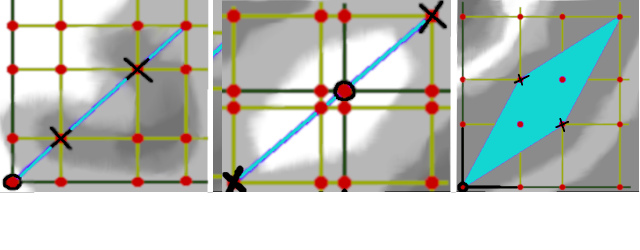
Article “Optimal Design of Distribution Overhead Powerlines using Genetic Algorithms” was accepted for publication in IEEE Transactions on Power Delivery
Article "Optimal Design of Distribution Overhead Powerlines using Genetic Algorithms" was accepted for publication in IEEE Transactions on Power Delivery. Congratulations, Graeme! Abstract: As the design of distribution overhead power lines becomes increasingly standardized in the 21st century, the reduced search space of its design parameters allows for increasing opportunities to automate the design process. It involves specifying the distribution utility pole heights and classes, pole-top attachments, and conductor span tensions. A successful algorithm must be able of generating designs that are compliant with applicable codes and utility standards, achieve construction labour and material costs that are commensurate to that of a human-created design, and require a reasonable computation time. A design automation algorithm is created for ATCO Electricity, Alberta, Canada. Based on provided requirements and constraints, it uses the…

